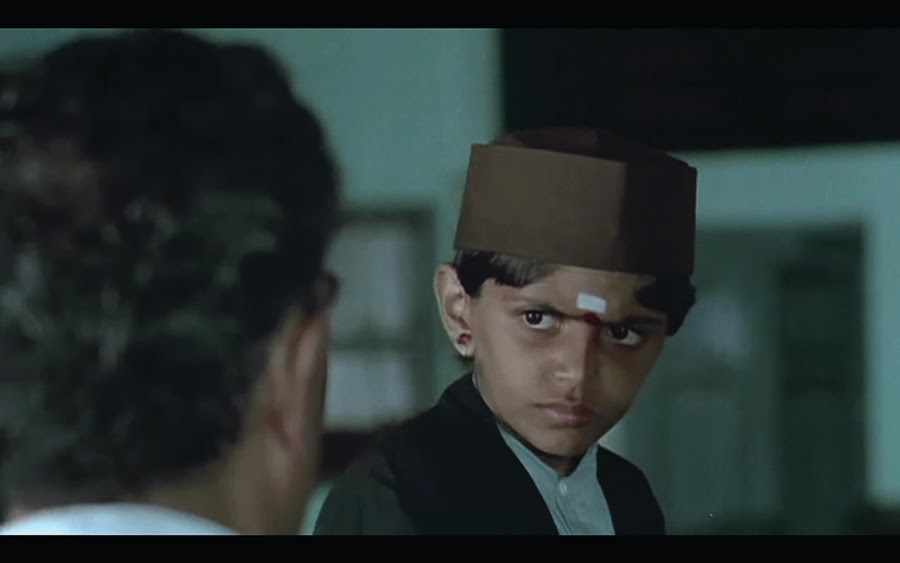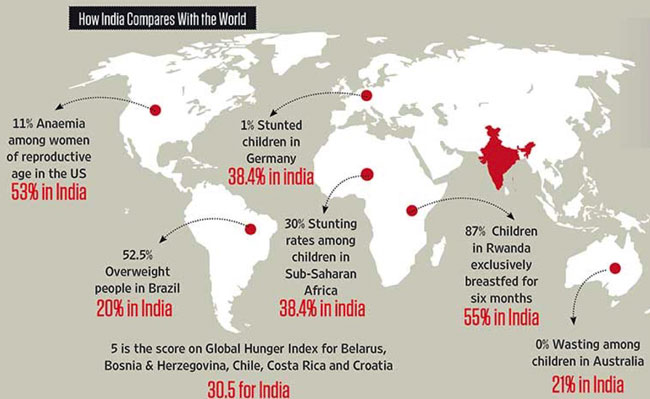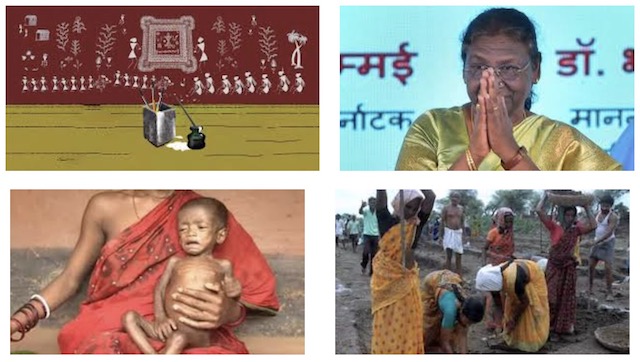Chapal Mehra, The Hindu, December 10, 2013 | Read the full article here >>
[…] Arbitrary definitions of poverty determined by groups of economists, often employed by the government, who use numbers to obfuscate the poverty debate in India and elsewhere.
Every year, the government claims that the poverty numbers have fallen thanks to the hard work of these economists. According to whom — the poor? What allows a group of people to define poverty for a nation without consulting those that make up that category? We rarely ask the poor what poverty means to them and what change in lifestyle would make them poverty-free. Have Indian economists and the leaders ever wondered if the poor continue to be poor because we don’t understand poverty sufficiently? Or perhaps, the poor understand poverty too well?
The questions are sufficiently intriguing. The answers are harder to find. There is a poverty line in India and elsewhere, which tells us how we can measure poverty. The global poverty line for extreme poverty is $1.25 and for moderate poverty is $2. In India, until recently, we measured poverty in terms of calorific value. […]
A survey among the Indian or global poor on what poverty is would lead to a definition widely divergent from that of governments and economists. The poor, across India and the world, will probably be in concurrence. What does this tell us? That the business of poverty measurement is an extremely useful one. A poorly-created poverty measurement index easily misrepresents and often reduces the poverty in a society. In doing so, it decreases the responsibility of the privileged and the powerful to improve the condition of the less privileged.
It also misinforms the primary discourse in a society deeply wedded to the logic of measurement and numbers. Poverty, as the poor experience it, is a concept which has little or no resonance amongst any other class. In the long-term, such discourses fracture societies, eventually leading to unrest, inequality, internalised dissatisfaction and eventual conflict. The point to consider, then, is who should define poverty and why the poor should not lead this process? […]
There is a need to recognise that poverty is multi-dimensional. After all, despite rising above the poverty line, millions of Indians continue to lack access to safe water, sanitation, housing, nutrition, health and education. Unless we take into account what poverty means to the poor, measuring or reducing it will continue to remain a game of deliberate obfuscation. We can continue to measure poverty inadequately and pat ourselves on reducing extreme poverty year on year. Or we can have a more considered, nuanced and inclusive discussion on what poverty is. […]
(Chapal Mehra is Senior Director, Global Health Strategies Emerging Economies, New Delhi.)
Source: When the definition of poverty harms the poor – The Hindu
Address : http://www.thehindu.com/opinion/op-ed/when-the-definition-of-poverty-harms-the-poor/article5440969.ece?homepage=true
Date Visited: Tue Dec 10 2013 18:52:16 GMT+0100 (CET)

At the bottom of all this bottomless/ enterprise to keep simple the heart’s given beat,/ the only risk is heartlessness.
The final lines of an early poem by AK Ramanujan titled “The Hindoo: The Only Risk”, quoted by Nakul Krishna in “RK Narayan’s second opinions” (The Caravan, 1 October 2018)
https://caravanmagazine.in/literature/rk-narayan-second-opinions

Graphic © Outlook India 26 August 2019 | Enlarge >>
“The tribal food basket has always been diverse and nutritious” >>

linked to each other.” – Droupadi Murmu | Speeches by the 15th President of India >>
Images © publishers, artists & photographers featured by Google Safe Search
Learn more about water-related issues that affect India’s tribal communities >>
“Together, we must endeavour to strengthen tribal communities which are the role model in preservation of water, forest and land, and learn from their connection with nature and the surrounding environment for the sake of the entire human race.” – journalist and tribal rights activist Dayamani Barla in The Wire >>